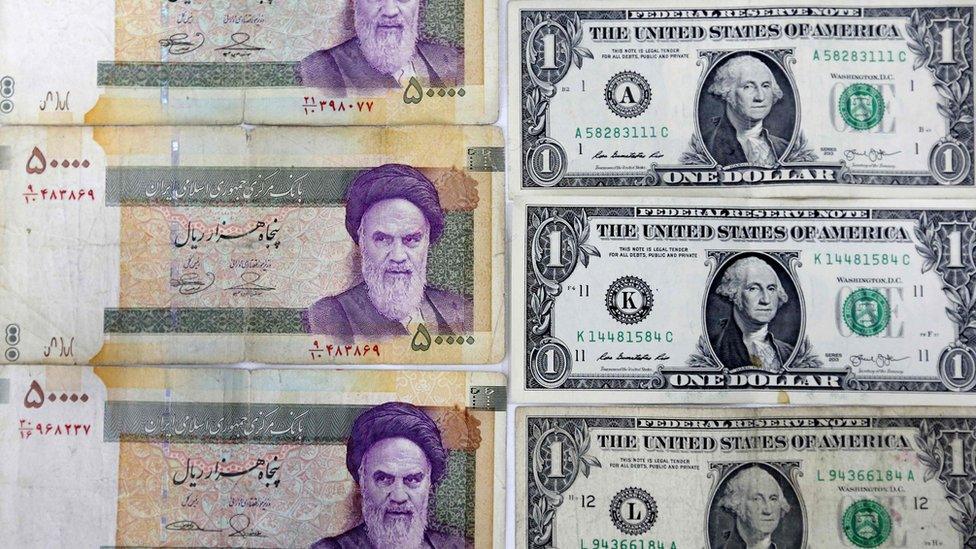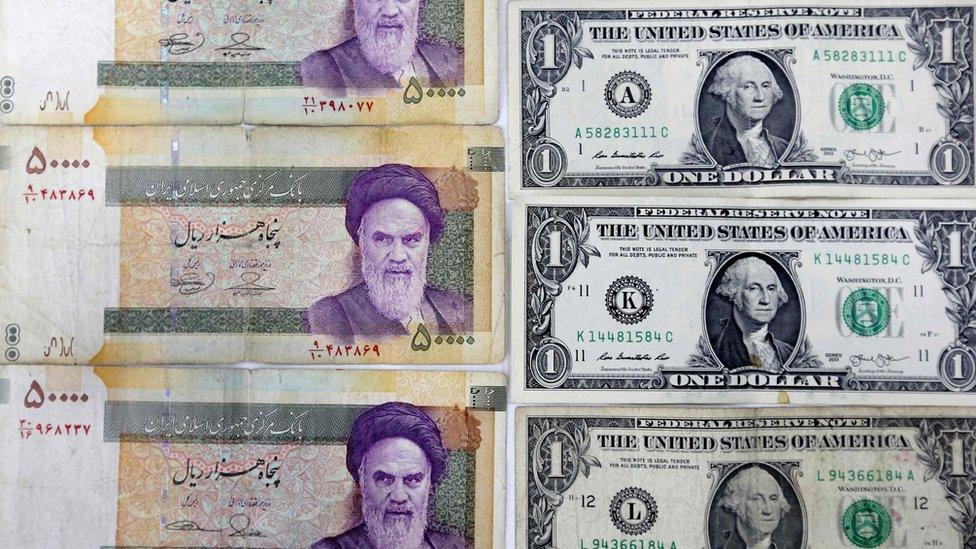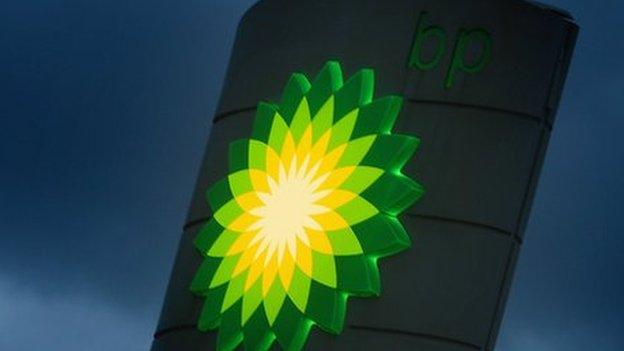North Sea Rhum gas field deal moves closer amid Iran sanctions
- Published

A deal to buy three key North Sea gas fields has moved closer after uncertainty created by US sanctions against Iran delayed the process.
Rhum and its neighbouring assets the Bruce and Keith fields deliver about 5% of the gas produced in the UK.
The Rhum field - about 240 miles north east from Aberdeen, off Shetland - is co-owned by the Iranian Oil company.
BP is also a partner but its stake is in the process of being sold to Serica Energy.
The sanctions followed US President Donald Trump's announcement that the US was withdrawing from the Iran nuclear deal.
Serica has now said it has received assurances that non US countries providing goods, services and support will not be exposed to secondary sanctions.
'Significant contribution'
An arrangement will be put in place whereby any money made by the Iranian Oil Company from the Rhum field will be held by a third party for as long as the US restrictions are in place.
Serica is also in the process of purchasing BP and Total's interest in the Bruce and Keith developments.
Serica chief executive Mitch Flegg said: "The receipt of the license and assurance from OFAC (US Office of Foreign Assets Control) is an important step towards ensuring the integrity of ongoing operations from this important North Sea field which makes a significant contribution to UK indigenous gas production.
"We welcome the constructive approach taken by all parties. This outcome protects a valuable British asset which, together with the Bruce and Keith fields, produces about 5% of UK offshore gas production.
"Serica is now able to move forward to completing the BP and Total transactions, allowing us to focus on optimising the full performance of the Bruce, Keith and Rhum fields, extend production life where possible and ensure maximum economic recovery of remaining reserves to the UK's benefit."
In 2010, the Rhum field was shut down because production could have been breaking European Union sanctions against Iran.
- Published22 May 2018

- Published10 May 2018

- Published9 May 2018
- Published21 November 2017

- Published17 November 2010